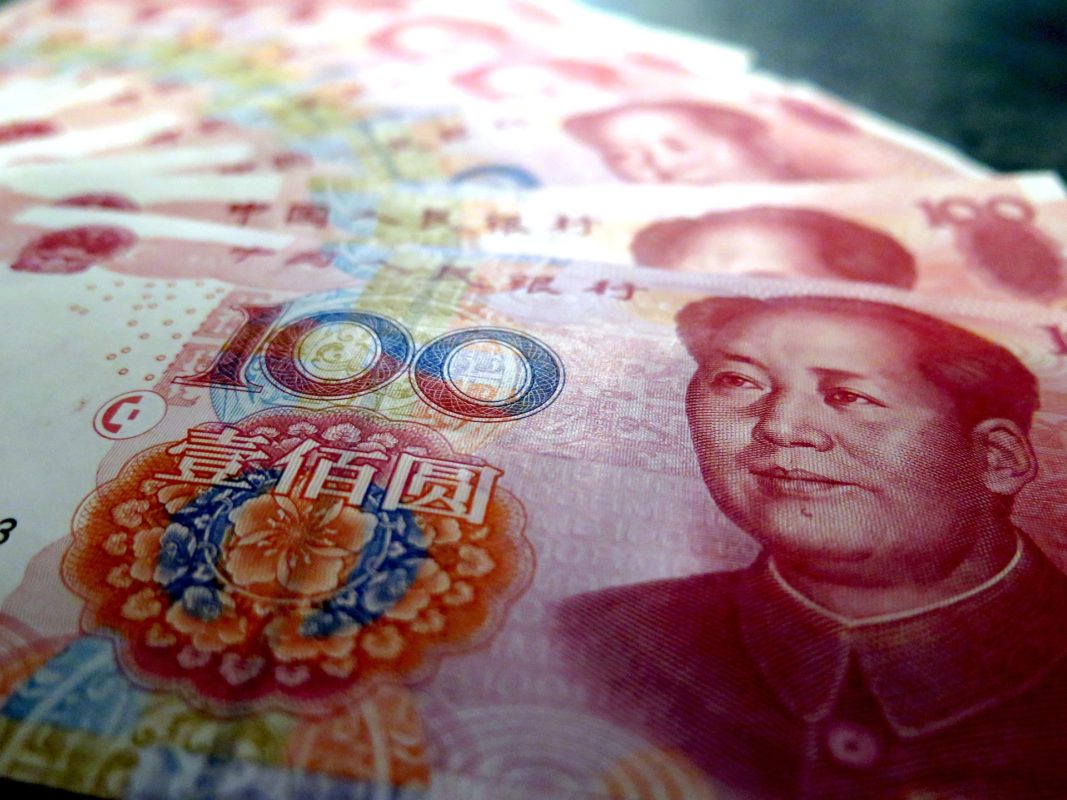The weakening of the dollar and the end of its dominance of the global financial system has alternately been predicted and appealed for over many years. Yet the fact that this is now being publicly called for by a member of the establishment, indeed by no less than the Governor of the Bank of England himself, Mark Carney, should perhaps make us sit up and take notice.
So what has Carney actually said? Speaking at the annual gathering of central bankers in Jackson Hole, Wyoming, last week, Carney pointed out that the dollar remains dominant in the global financial system, even though the emerging markets now play a much larger role. He points out that during the Latin American debt crisis, emerging markets only made up a third of global GDP. That has now grown to 60% and by 2030 is predicted to account for 75% of global GDP. Despite this, most international trade and lending is carried out in dollars. This leaves emerging economies vulnerable to volatile capital flows, foreign shocks and financial crises, caused by fluctuations in the exchange rate, changing dollar interest rates and consequently the availability of dollar liquidity. It also compromises their monetary sovereignty. In order to mitigate such risks, emerging market economies are forced to hold billions in dollar reserves, rather than being able to spend such funds on their own domestic priorities. This also further adds to the global savings glut the world is suffering from.
Carney therefore advocates a new international financial system to reflect the multi-polar global economy. He states that the most likely new reserve currency would be the renminbi, given that China is the world’s largest trading nation, having overtaken the US in 2010. The renminbi is also now more common than sterling in oil futures, despite having a zero share of the market before 2018. There is also greater use of it in international trade, which will no doubt be further helped by China’s Belt and Road initiative. However, a reserve system based on the renminbi would eventually lead to the same issues that we are currently experiencing with the dollar. Hence, Carney calls for multiple reserve currencies to take on the function, benefiting the global system through diversification and reduced spill over effects, and hence less need for countries to build up huge reserves. We should perhaps take a moment to warn of what happened to others who called for the end of the dollar hegemony (Muammar Gaddafi, Saddam Hussein and currently the wrath being faced by Iran, for instance). Carney, however, is not cowed and goes on to state that given the current state of technological developments, such a new reserve currency could be based on a virtual rather than a physical platform.

Most of us by now are already familiar with Libra, and regular readers may also recall my thoughts on it when it was announced a couple of months back. Carney again points to Libra as potentially offering the mechanism for such a virtual reserve currency system. Nevertheless, given the many ongoing questions around how Libra would operate, he concedes that it may be better for such a new “Synthetic Hegemonic Currency” to be provided by the public sector, notably through a network of central bank digital currencies. And who would be responsible for managing such a currency? I would think it would most likely be the IMF, given that it already has such a prototype currency in the form of the special drawing rights reserves it manages.
But wait a minute! Surely, we already have such a digital currency? And more to the point, this one is not vulnerable to the easily imposed controls that a digital currency could otherwise be subjected to from either governments or private corporations. Something that is decentralised and backed by a clear and unchanging set of rules – Bitcoin! In fact, given the increasing infringements on what were thought to be independent institutions globally, combined with what Carney is pointing to, Bitcoin may well start to enjoy a new wave of resurgence. One only needs to look at the current example in the U.K., where the unelected Prime Minister, Boris de Pfeffel Johnson, has now decided to suspend parliament (the so-called “prorogation of parliament”) to force through a no-deal Brexit. In any other country, this would have been called out for what it is – an attempted coup d’etat! I for one would certainly prefer a decentralised global currency to ones that are backed by increasingly undemocratic governments that fall victim to the whims and fancies of egotists, who have little concern for the well-being of the populace they govern. Let’s see what the rest of the world thinks.

Before we all rush out and buy Bitcoin though, perhaps we are missing the obvious? In times of such stress, when potentially the whole current monetary framework is due for a correction, whilst money is being freely printed and we are debating its very nature, historically there is one item people have always turned to – gold! Gold is already at a 6-year high, up almost 30% on where it was towards the end of last year. No doubt a large factor in this is the on-going US-China trade war, but the talk of de-dollarisation and the potential widening of the net of global reserve currencies is only going to push its value up further. And on this it seems the world is already reaching a consensus. So, whilst we calmly await the collapse of the dollar, my advice is to go out and add some gold to your portfolio!

